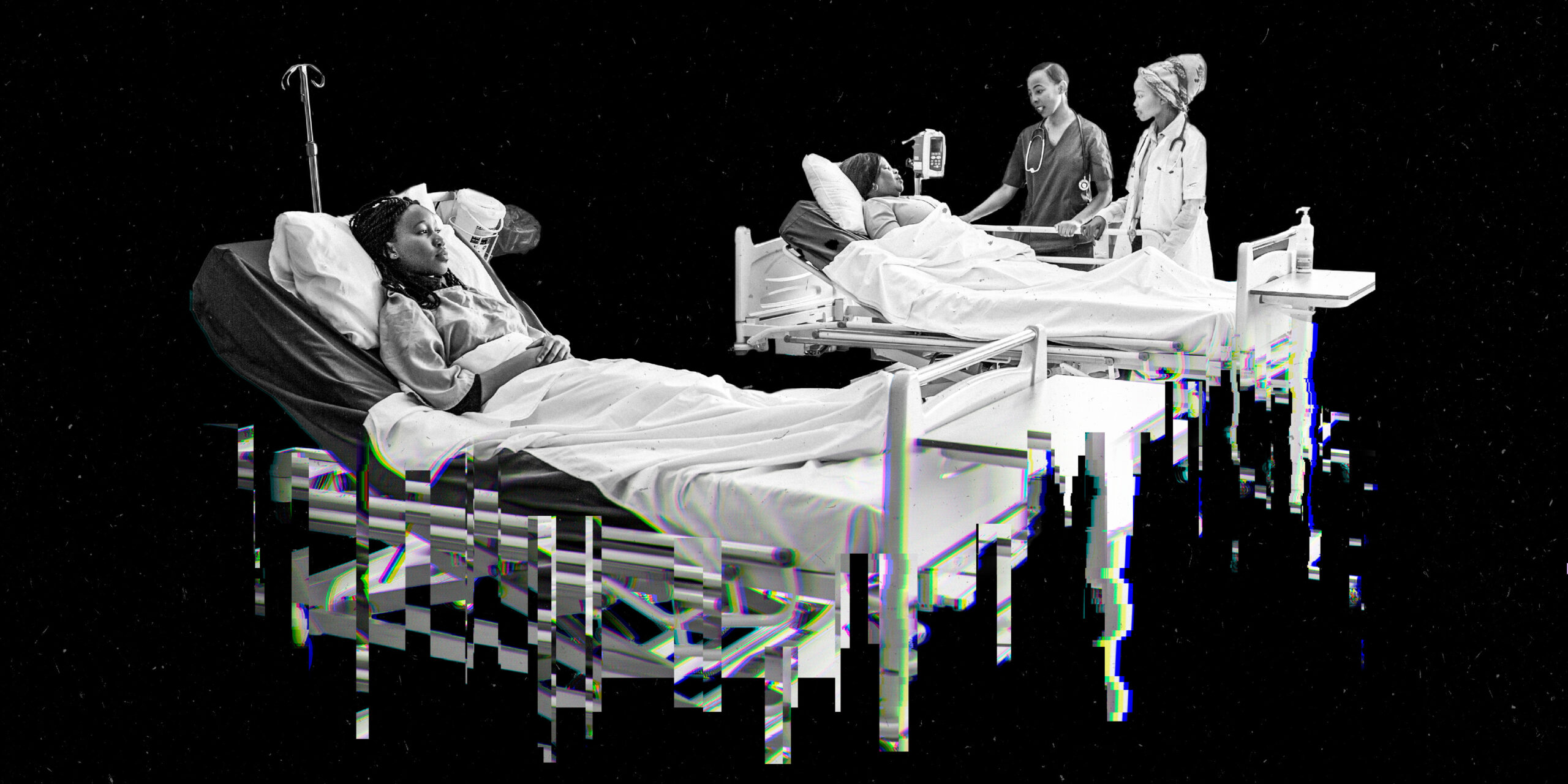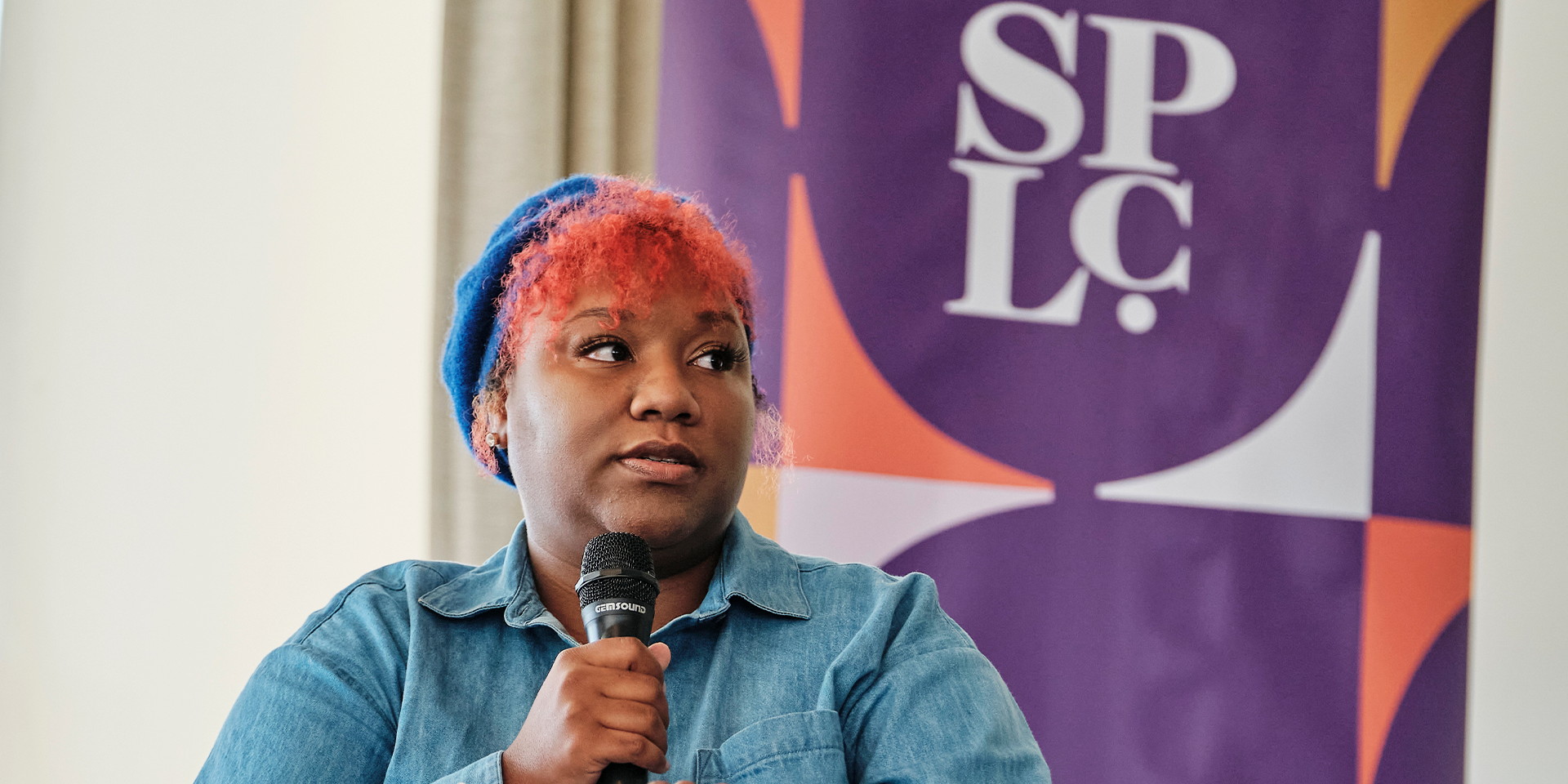
-
- Eliminating Poverty and Economic Inequality
Page
Tuskegee Communiversity’s Connecting the Town to the Gown
Tuskegee Communiversity’s Connecting the Town to the Gown: This Community Justice Site launch event will work toward a more just and equitable community by bringing the community and university together. By building on Tuskegee history to shape a stronger future, participants will move the Tuskegee community from idea to action. Join us on Nov. 22, 2025,…
-
- Eliminating Poverty and Economic Inequality
SPLC Deeply Disappointed by Funding Compromise That Failed to Include Critical Health Care Protections
MONTGOMERY, Ala. — The Southern Poverty Law Center (SPLC) expressed deep disappointment in the compromise reached to reopen the government without extending critical health care protections to millions of Americans. “While the reopening of the federal government brings short-term relief to civil servants and communities, this was a missed opportunity to enact long-term solutions for…
-
- Eliminating Poverty and Economic Inequality
Rising health care costs threaten to become a crisis we can no longer ignore
In the Deep South, access to Medicaid is a crucial lifeline because the region has one of the highest percentages of people living in poverty in the United States. Medicaid’s primary purpose is to provide government-funded health insurance to people with low incomes and people with disabilities who cannot afford or do not have access…
-
- Eliminating Poverty and Economic Inequality
Page
Community Listening Session – Clarke County
Join us for a series of community listening sessions designed to uplift local voices and identify the issues and movements that matter most in your community. These gatherings are a chance to connect, share ideas and explore how your priorities align with our impact goals, from strengthening democracy to advancing racial and economic justice. Our…
-
- Eliminating Poverty and Economic Inequality
Page
Community Listening Session – Mobile County
Join us for a series of community listening sessions designed to uplift local voices and identify the issues and movements that matter most in your community. These gatherings are a chance to connect, share ideas and explore how your priorities align with our impact goals, from strengthening democracy to advancing racial and economic justice. Our…
-
- Eliminating Poverty and Economic Inequality
Page
Community Listening Session – Conecuh County
Join us for a series of community listening sessions designed to uplift local voices and identify the issues and movements that matter most in your community. These gatherings are a chance to connect, share ideas and explore how your priorities align with our impact goals, from strengthening democracy to advancing racial and economic justice. Our…
-
- Eliminating Poverty and Economic Inequality
Page
Community Listening Session – Wilcox County
Join us for a series of community listening sessions designed to uplift local voices and identify the issues and movements that matter most in your community. These gatherings are a chance to connect, share ideas and explore how your priorities align with our impact goals, from strengthening democracy to advancing racial and economic justice. Our…
-
- Eliminating Poverty and Economic Inequality
SPLC Demands Lawmakers, Governors Act as Federal Shutdown Threatens SNAP for Millions
MONTGOMERY, Ala. — The Southern Poverty Law Center (SPLC) urges lawmakers and governors in the Deep South to take emergency action to prevent a lapse in Supplemental Nutrition Assistance Program (SNAP) benefits as the federal government shutdown persists. As early as Nov. 1, many SNAP recipients will lose benefits and face hunger due to Congressional…
-
- Eliminating Poverty and Economic Inequality
Coastal elites push changes that threaten Gullah-Geechee communities, culture
Editor’s note: This is the fourth and final story in the “Gullah-Geechee vs. Greed” series about the fight to preserve the last of the Black communities on these islands off the southeast Atlantic coast. In the video: Amid a shrinking population, unending legal battles and decaying or nonexistent infrastructure, Gullah-Geechee culture and the people who…
-
- Eliminating Poverty and Economic Inequality
Mississippi Truth, Poverty and Democracy Tour shows urgent need for help
I joined the Southern Poverty Law Center’s five-day Mississippi Truth, Poverty and Democracy Tour, which began on Sept. 30, to listen, observe and learn what day-to-day life is like in underserved Black communities and the challenges residents there face. The tour was designed for community leaders, legislators and representatives from aid groups to hear about…




